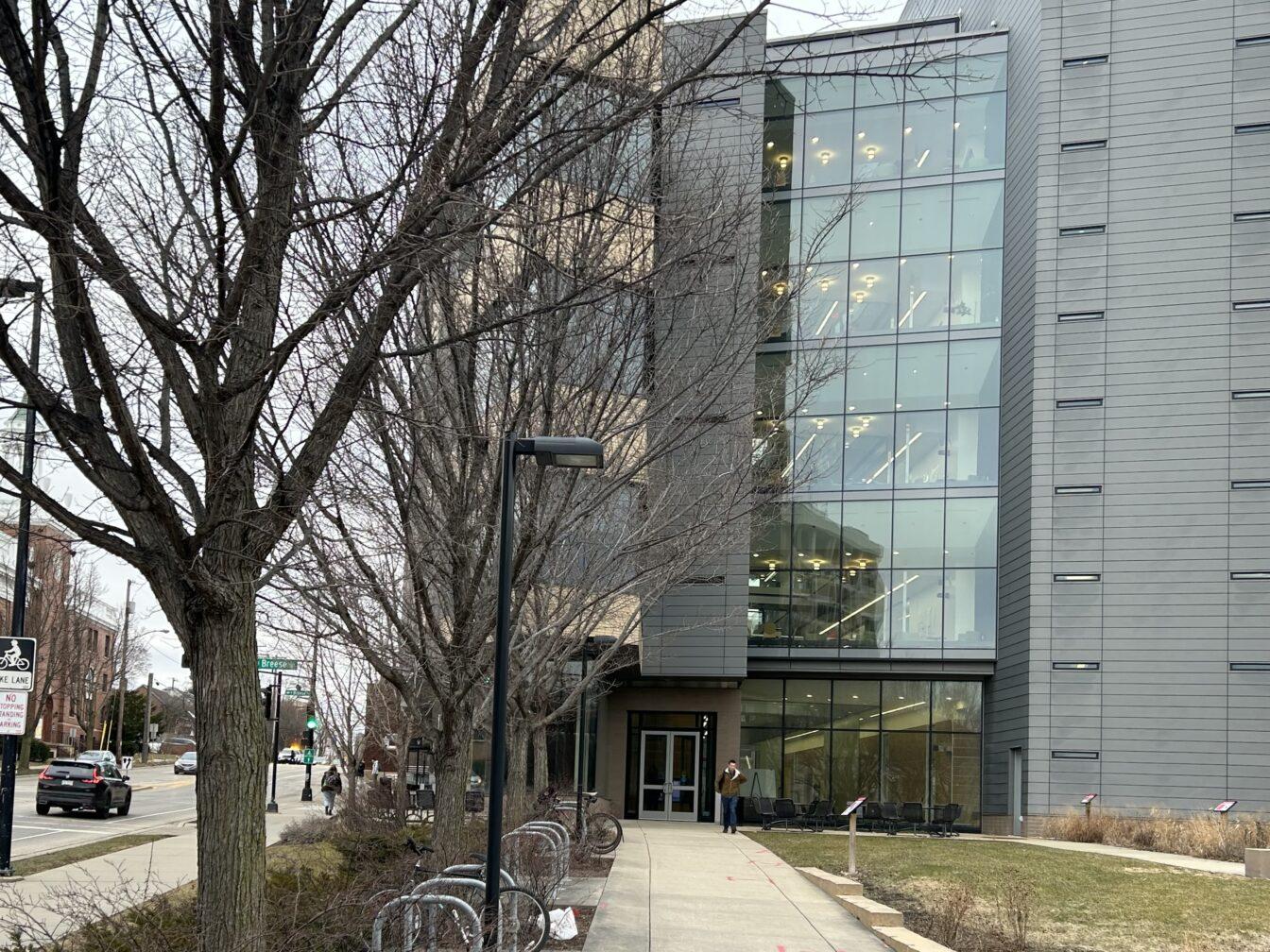After years of working in the technology and nonprofit sectors, Winnie Karanja noticed something was missing: girls and students of color.
Since 2014, Karanja has been developing Maydm, a nonprofit youth engagement group that connects young girls and students of color to technology opportunities. The program piloted this summer and debuted its work at a coding competition — Code Madison Forward — at Madison’s Forward Fest Aug. 18.
The nonprofit offers classes ranging from programming in JavaScript and HTML to other needed skills like resumé writing.
Karanja said if girls and minorities are exposed to more opportunities in the technical field early on, that can ultimately mean more diversity in the tech industry.
“It was kind of a straight connection to me in that if you expose and provide skills and help build confidence among girls and students of color with the tech skills that they need, that translates to helping fill a gap in the STEM field,” Karanja said.
As someone who worked in the tech field, Karanja said she had the opportunity to see the lack of female and minority representation first hand. Maydm, she said, became an intersection of her own background and work experience in the tech sector.
From April to June, 82 students in the Madison area have participated in Maydm’s programs. Of those students, 76 percent were students of color and 40 percent were females, Karanja said.
Diversity forum highlights lack of minority participation in STEM fields
A 2015 U.S. Bureau of Labor Statistics report revealed that women comprise 57 percent of the total workforce in the U.S., but only 25 percent of women make up the workforce in the the tech industry.
At tech giants like Google, their diversity demographic showed that only 2 percent of their workers are black and just 3 percent Hispanic — a trend Karanja said is reflective of the tech industry as a whole.
“These tech skills are such a currency,” Karanja said. “[Maydm] is a way to address some of the challenges that communities of color face through the lens of technology.”
Karanja said one of the biggest challenges minorities face is limited access to resources.
The U.S Department of Education reports districts with a high minority population and low-income level have fewer experienced teachers and after-school programs, and significantly fewer college and career ready math and science courses available compared to white, affluent districts.
Madison mentorship program seeks to keep minority students from skipping class
By 2020, the Bureau of Labor projects there will be 1.4 million new tech-based jobs, but only 400,000 potential tech students to fill them.
Tracey Welson-Rossman, founder of TechGirlz — a nonprofit organization that aims to connect young girls to tech opportunities — believes women could fill those openings. Karanja said if exposed to the opportunities, students of color are great candidates for these openings as well.
Report reveals minority employees in city experience differences in treatment
Diversifying the industry, however, requires a change in how it attracts attract girls and students of color.
“I think the more we break down the barriers, that’s how we’re gonna be able to get more women and more people of color,” Karanja said.
To break down some of those barriers, Welson-Rossman said there needs to be a shift in how technologists are represented in the media.
Along with their male counterparts, Welson-Rossman said the media presents women techies with artificial stereotypes.
“It’s always nerdy like Amy Fowler from ‘Big Bang Theory’ or girls who are goth-looking like Abby Sciuto from [‘NCIS’],” Welson-Rossman said. “It’s not a representation of the real people [in these industries].”
In addition to filling positions in the tech industry specifically, Welson-Rossman said it is also important to promote women in what are considered technology-enabled jobs.
Other industries, such as health care and fashion, use technology to create products and optimize their services. Welson-Rossman said providing more tech training for women allows them to succeed in such industries as well, not just traditional tech jobs.
Moving forward, Welson-Rossman said she believes various industries need to adjust to a culture where women are supported in the workplace. To have peers who look like you and have the same interests as you, she said, is important in attracting and retaining women.
For businesses to thrive, she said, it’s important to have “all people at the table” because a diverse group of people will provide more insight to the communities to which they are catering their products and services.
“It’s great to have diversity because you create better products when you have diverse people working on them — not just one group thinking very similarly,” Welson-Rossman said. “You have other people who are thinking about [the product] from their perspective, which is probably different from your perspective.”





















